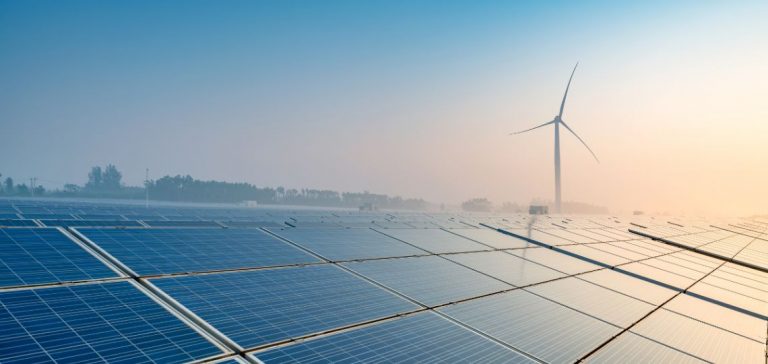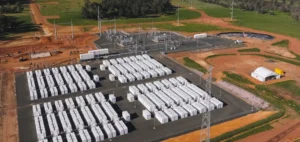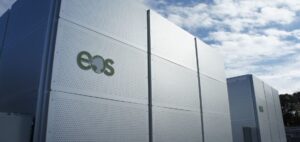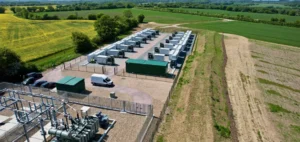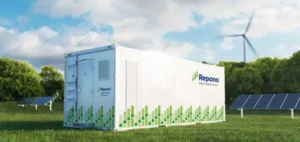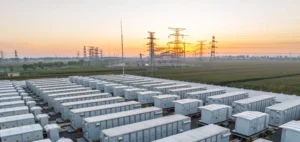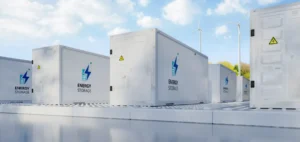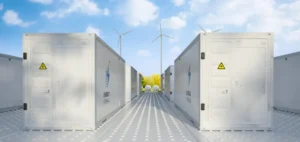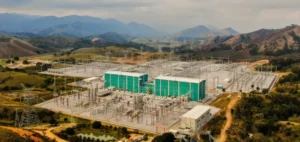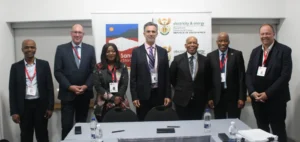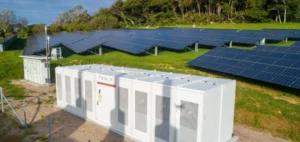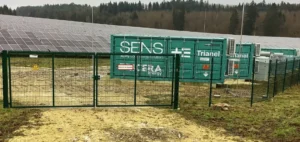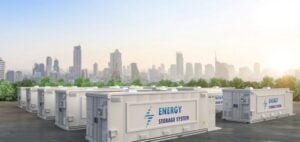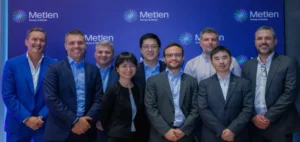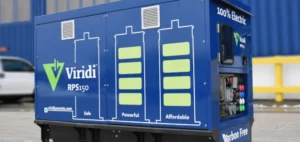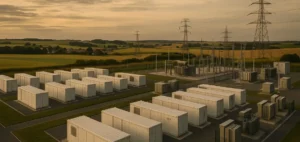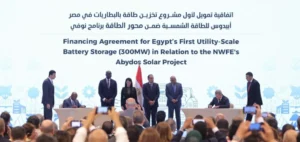India has launched a major tender for the provision of 6,000 megawatts (MW) of renewable energy projects integrated with storage solutions. This project, managed by SJVN Ltd, a state-owned company, aims to ensure stable power supply during peak hours, especially when solar and wind production are reduced. The country, which aims to add 35 GW of new solar and wind capacity by March 2025, has set an ambitious goal of achieving a total of 500 GW of non-fossil capacity by the end of the decade.
This initiative is part of a national strategy to strengthen the resilience of the power grid while supporting the country’s commitment to decarbonation. With approximately 153 GW of renewable capacity currently installed, India still has a long way to go to reach its overall target, requiring an annual growth of 44 GW until 2030.
The Role of Storage in Grid Stability
One of the main challenges for deploying renewable energy is integrating storage capacities robust enough to balance production variations. The storage capacity planned under this project will absorb excess energy produced during the day by solar plants and redistribute it during peak demand periods, such as evenings.
The use of battery energy storage systems (BESS) has already been explored by Reliance Power, which secured a contract for a 500 MW/1,000 MWh BESS in Rajasthan. This project is part of a series of initiatives to expand India’s storage capacity, which is essential for ensuring a stable and sustainable energy transition.
Involvement of Major Energy Players
The private sector plays a key role in this transformation. Adani Power, for example, won a tender for supplying 6,600 MW of electricity at a rate of 4.08 INR per kWh. This contract combines 5,000 MW of solar capacity and 1,600 MW of thermal capacity, reflecting a hybrid approach to maximize the integration of renewable energy while meeting basic electricity needs.
These initiatives have also attracted the attention of international investors. During the RE-Invest 2024 conference in Gandhinagar, several banks and financial institutions announced commitments totaling $386 billion to support India’s energy transition. This investment dynamic is crucial for financing the infrastructure needed to integrate these large-scale renewable capacities.
Challenges and Opportunities
Despite these advances, India faces significant challenges, especially in its supply chain. Solar cell production, for example, remains a major constraint. Delays in the manufacturing of these essential components affect the entire value chain, slowing the expansion of solar panel production capacity. The industry aims to stabilize by March 2025, but uncertainty remains about its ability to meet this ambitious timeline.
The situation is further complicated by the financial struggles of local electricity distribution companies, which have difficulty absorbing new renewable capacities. This poses a risk to the sector’s overall financial stability and could slow down project deployment if structural reforms are not implemented quickly.
Perspectives for Capacity Growth
To achieve its 500 GW target by 2030, India will need to not only increase its renewable energy production capacity but also strengthen its transmission and storage infrastructure. The Green Energy Corridor, for example, is one of the initiatives aimed at improving power transport between production regions and consumption centers. Additionally, the integration of green hydrogen could provide a long-term storage solution, further diversifying the country’s energy mix.
India’s willingness to diversify its energy sources and attract international investors shows that the country is positioning itself as a potential leader in the global energy transition. However, the success of this transformation will depend on India’s ability to overcome the current financial and technical obstacles and create a favorable environment for the development of new energy technologies.

